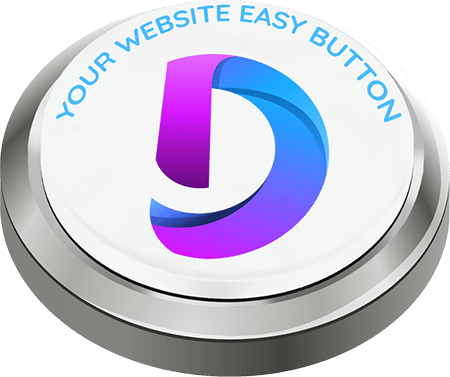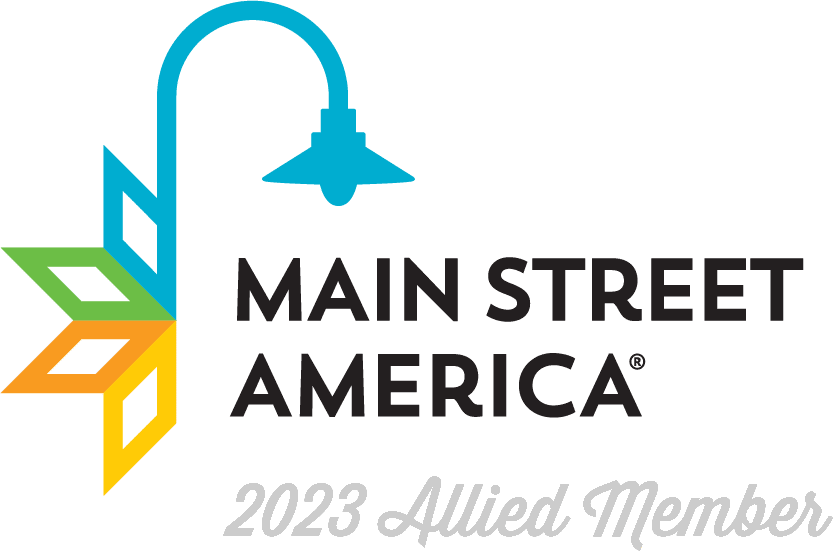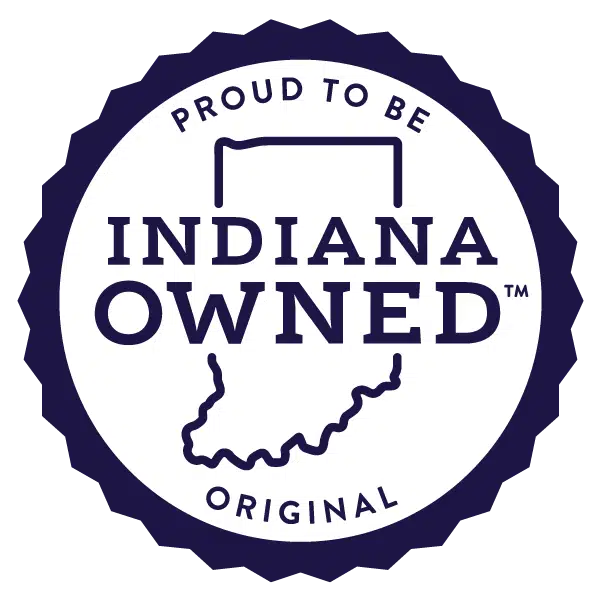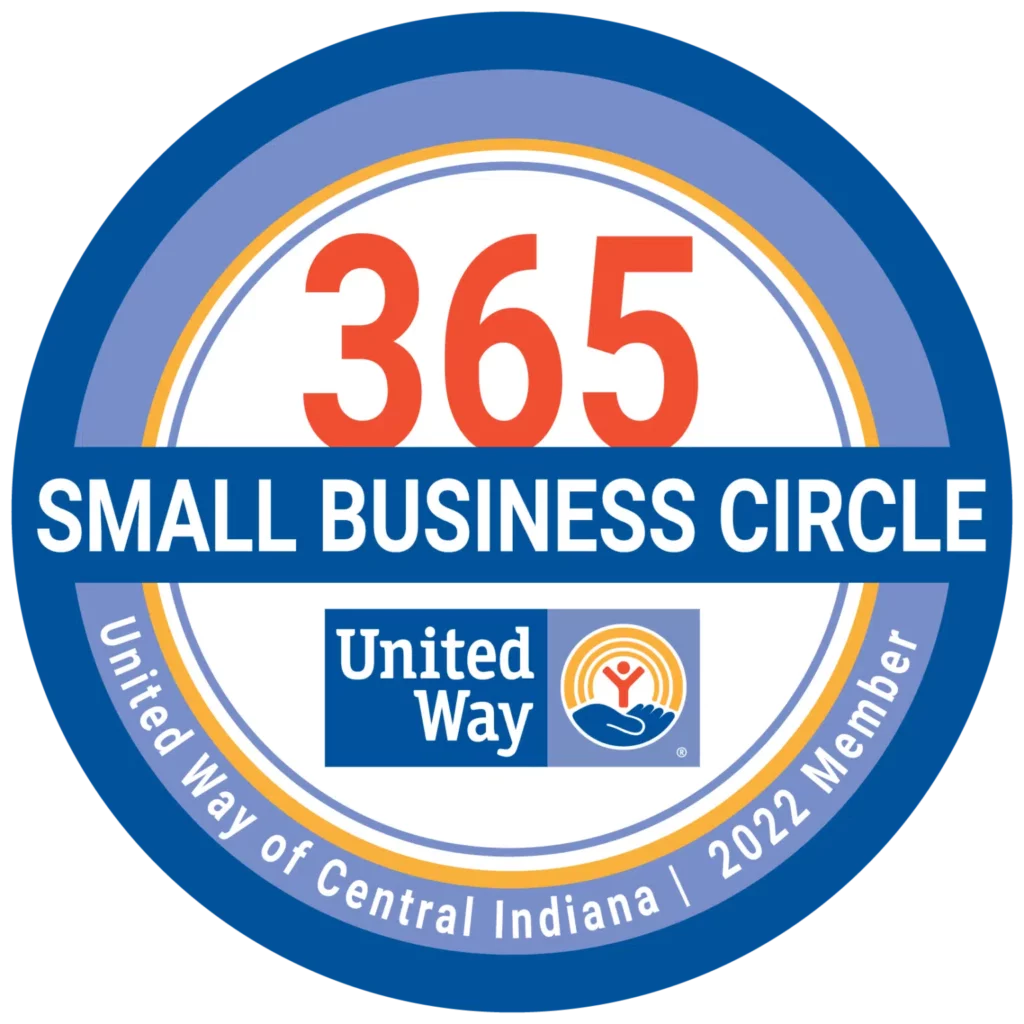The Importance of SEO for Small Business
If you're a small business owner, then you know that it takes a lot of hard work and dedication to succeed. You also know that in order to be successful, you need to be visible online. SEO is one of the most effective ways to make your website visible to potential customers. In this blog post, we will discuss what is SEO and how it works for small businesses.
You work hard to make your business a success, but you're not sure how to get it seen online. It's tough enough to run a small business, and it can feel downright impossible when you're not sure how to make your website visible to potential customers. By optimizing your website for search engines, you can make sure that the online visibility of your business is growing.
Appendix
- How Do I Get Search Engines To See My Website?
- What Exactly is Search Engine Optimization?
- SEO Strategy – Keyword Research
- Meta Title and Description
- Writing Content for SEO
- Optimizing Images for SEO
- Page Layout for Improving On-Page SEO
- What Are Topic Clusters?
- Backlinking and Off-Page SEO
- Social Sharing Relevant Content
- Page Speed and Technical SEO
- Mobile-Friendly Website
- User Experience 101
- Adding Videos To Your Website Using Canva
- Best Practices for Business Owners
- Other Resources on SEO For Small Business
But How Do I Get Search Engines To See My Website?

SEO strategy comes in many shapes and sizes. There are tools that convince you to subscribe monthly in order to improve your local search results, sites that do keyword research, and tools that claim you need them to manage your business profile on Google, Facebook, and Yelp.
All of these SEO strategies have their own advantages and disadvantages, but as small business owners it's nearly impossible to know where to begin. You're in luck as we have decided to provide this brief outline of tips for small businesses as well as providing an accountability group for small business owners who are willing to take 30 minutes each week to focus on improving their organic search results.
We'll start by giving you a simple-to-follow SEO checklist that will show you how to do SEO for small business. All of these items can be completed in less than 30 minutes, and we've provided links to articles that provide more detailed instructions if necessary. If you're interested in learning more about the challenge click here, but otherwise continue reading our outline below for an overview of SEO for small business!
What Exactly is Search Engine Optimization?
Search Engine Optimization, or SEO, is the process of optimizing a website so that it will rank higher in search engine results pages. SEO helps your business be more visible to people searching for products or services like yours online. SEO also makes sure that you are found when people are looking for something specific, such as “Italian restaurant near me”.
Small Business SEO Is Often Local SEO
You may be thinking, does SEO work for small business? It may be true that your small business serves a variety of areas and outside of your local area, but often times Local SEO is the most important and also the easiest to rank. Small business SEO can focus around Google My Business which is a quick and easy way to show up on Google Maps in Google Searches. These local searches use relevant keywords from your profile to list you among other local businesses. While on-page SEO still matters (we'll cover that later) local SEO has a heavy focus on local business competition, local directories, and what people search for compared to what your Google My Business account has listed.
While it's technically easier to be ranked for local SEO, you are heavily limited by your physical address. The further the person searching is from your business address the less likely they are to see your Google My Business profile. The flip side is that people close to your business will be very likely to see your business in their search results. This helps you target local customers in Google Search results but can limit your reach compared to other search engine optimization techniques.
Do you want to learn more about local SEO and receive 30 minutes guides on how to improve your local SEO? Join our accountability group and receive guidance from professionals and other small business owners.
SEO Strategy – Keyword Research

Keyword research is a natural starting point when you are diving into sep for small businesses. Keyword research is the process of finding the right keywords to target your website around so that you can rank for those terms. There are a few different tools and methods for conducting keyword research, but one of the most popular is using a tool like Surfer SEO.
Surfer SEO allows you to type in a keyword and it will show you how many people are searching for that term each month, as well as related keywords. This is valuable information because it allows you to see not only what people are searching for but also what other terms your target audience might be using when they are looking for your product or service.
Once you have a list of valuable keywords, you'll want to make sure that your website is targeting those terms. This can be done by including the titles of your pages, in the body of your content, and even in the meta tags of your website. You can also use keyword research to come up with new blog ideas or to find related topics to write about. Surfer SEO also has this SEO Master Class where you can learn everything you need to know about SEO. There are other tools like SERanking and SEM Rush to same a few. Each tool has fantastic features and you'll have to determine which one is best for your own small business needs
Make sure your page has an enticing meta title and description
Each page of the website has its own meta descriptions and names. The title tags are the short, snappy sentence that will appear in search results pages as the link to your website. The meta description is a longer, more detailed explanation of what can be found on the page- this does not show up in search engine results pages but it is used by browsers and social media websites when sharing links to your website.
Your meta titles should be no longer than 60 characters and your descriptions should not exceed 160 characters. If they are too long they will get cut off in search engine results pages which makes them less effective.
Once you have created a great meta title and description for your page, it's important to make sure that the content on your website is relevant to those terms. This means that if someone visits your site after clicking on one of the links in search engine results pages, they should find exactly what they were looking for when they got there. If the content on your website doesn't match the keywords you are targeting, Google may lower your ranking for those terms.
Personally, I struggle with the copywriting part of SEO and can find myself with writers' block. I find myself using tools like Anywords or Jasper AI to beat writers' block and create written content such as a unique meta description using my target keywords. I believe that many small businesses can benefit from these tools to take the heavy lifting of copywriting off of their plate.
Writing Content For SEO

SEO is all about providing valuable content for your website's visitors. This content can be in the form of blog posts, articles, videos, or podcasts. The important part is that you are creating content that is interesting and useful to your audience.
When you are writing content for SEO, it's important to keep several things in mind. To get a higher search engine ranking for your website, you need to use your keywords throughout your content, including in the title, in the body, and in the meta tags. When attempting to make your content interesting and useful to your audience, you should keep in mind that you are writing for humans, not search engines. While including SEO keywords are important, it is not more important than the readability and accessibility of your content. Lastly, it is essential to publish regularly and consistently to garner more traffic to your website. If you can create valuable content that will help your website's visitors, you will see the results of your SEO efforts.
Optimizing Images For SEO
It's easy to forget about SEO when you are creating images for your website or blog, but it can be one of the most important parts of SEO. When you optimize images, they load faster on websites and blogs which is important because if your pages take too long to load, users will leave.
To optimize images for SEO you can use tools like TinyPNG and compress them so that they are smaller in size without losing any quality. It is also important to name your image file using keywords about the image itself or include a keyword-rich description of the image when posting it on social media websites.
Small businesses can use SEO to their advantage by creating valuable content for their website's visitors, using keywords throughout their content, and optimizing images for SEO. With a little effort, you can see the results of your SEO efforts in higher search engine rankings and more traffic to your website.
Page Layout for Improving On-Page SEO
When it comes to on-page SEO, there are a few things you can do to improve your ranking. The most important part is the layout of your website pages. You want to make sure that your page titles and meta descriptions are well written and enticing to users, and that your web pages are easy to navigate. You should also use images and videos on your pages to break up the text and make it more interesting.
In SEO, you need to make sure that your website is fast and responsive. You can optimize your images by running them through an image compressor like TinyPNG before uploading them to your site. Images on their own are important to a higher ranking website, but to maximize SEO, you need to make sure that any content you add runs smooth.
You can also improve your on-page SEO by formatting your website pages correctly. Make sure that all of your text is in paragraph tags and that there are no empty lines between paragraphs. You should also use header tags to break up the sections of your content. Header tags (Htags) range from Htag one to Htag six, with the number corresponding to how important it is for SEO. Blog posts are often written with Htags so that they can be broken up into paragraphs and sections which will make them easier to read.
What Are Topic Clusters?
Topic clusters are an SEO tactic that can be used to improve your website's ranking. A topic cluster is a group of related blog posts or articles about a specific topic. When you create a topic cluster, you include a link to one article as the “anchor” and then link to other related articles from within that article. This helps Google know what the “hub” article is, and which ones are related to it.
This SEO practice has become popular because SEO experts realized that creating an individual blog post or article for every single keyword they wanted their website to rank for was not effective. Instead of creating a lot of content about many different topics, create one “anchor” article that is your main topic and then create several smaller articles or blog posts about related topics.
Backlinking and Off-Page SEO
Backlinking is a form of off-page SEO and can greatly increase your website ranking. Backlinks are links from other websites to yours, and they help Google understand how valuable your content is by showing them how many other sites link to it. Blog posts often include a list of such links at the end of the article so readers know where they can find more information about the topic. Blog posts that include a list of resources are also more likely to get backlinks since readers will want to share them with their friends, family members, and colleagues. Contacting website owners and sharing your content with them can similarly help with increasing backlinks to your website.
Social Sharing Relevant Content

Social sharing is another SEO strategy that can also improve your website's ranking. When you share content on social media platforms like Twitter and Facebook, they create backlinks to the original source of that content, which helps Google understand how valuable it is and allows them to find other pages on your site. Blog posts that are well written and include images or videos are more likely to be shared on social media than those that don't.
The best way to build backlinks is to create valuable content that other sites will want to link to. You can also submit your website to directories and search engines, or use social media platforms like Twitter and Facebook to market your content. You can increase the chances of your blog post being shared by making sure that it's relevant to your audience. When you write about a topic that people are interested in, they're more likely to share it with others.
It's important that you choose the right platform for your SEO plan, though- otherwise all of this effort may be for nothing. For example, if you are targeting a younger demographic, you'll want to use social media platforms like Snapchat and Instagram. If your target market is more mature, then Facebook or LinkedIn may be better options.
Social media is a powerful tool that can be used to amplify your SEO efforts. By sharing links to your website and blog posts on social media, you can reach a wider audience and increase website traffic. SEO for small businesses can be made easier by using social media as a tool to build links back from other websites which will help with SEO rank in search engine results pages.
Page Speed and Technical SEO
Technical SEO is another SEO strategy that can improve your website's ranking. It involves optimizing your page speed, HTML tags, and sitemaps so they are all properly formatted according to Google's SEO guidelines. Page speed is one of the primary considerations for Google when ranking websites. If your website takes too long to load, users will leave before it finishes loading, and that will negatively affect your ranking. Optimize your images so they are the correct size and use a caching plugin to decrease the amount of time it takes for your pages to load.

Another consideration for technical SEO is the use of canonical tags. Canonical tags are used to prevent duplicate content from being indexed by search engines, which can hurt your website's ranking. By properly implementing canonical tags, you can improve your website's ranking and avoid any penalties from Google.
One of the most important aspects of technical SEO is creating a sitemap for your website. A sitemap is a file that contains a list of all the pages on your website, and it helps Google understand the structure of your website. By adding your website to Google's Search Console and submitting your sitemap, you can make sure that all of your pages are indexed by Google and that they are ranked in the correct order.
Technical SEO is an important part of any SEO plan, and it should be implemented by all website owners. By optimizing your site speed, canonical tags, and sitemap, you can improve your website's ranking and ensure that your pages are properly indexed by Google.
Mobile-Friendly Website
Mobile SEO focuses on optimizing for mobile devices such as phones, tablets, and other handheld devices. In recent years, more people are using smartphones to access the internet than ever before. That being said you should create a separate website for your desktop version of your site if you want it to rank well in Google's search results. You will want to have a responsive web design so that your website adapts to the screen size of any device. The importance of site speed is still prevalent for mobile devices so a caching plugin to decrease the amount of time it takes for your pages to load on mobile devices is highly recommended.
User Experience 101
User experience, or UX for short, is the process of improving a user's satisfaction with a product, in this case, a website. Improving your website's UX is essential to improve your website ranking. One way to do that is by making sure that all of your website pages are easy to navigate. Another way to improve UX is by ensuring that all of your images and videos are properly formatted. Using a call to action on your website so that users know what you want them to do is also beneficial to SEO. Other ways to improve user experience have been already mentioned such as increasing site speed and optimizing your website for both desktop and mobile users. It is important to remember that these practices should be implemented on every page of your website, not just the homepage.
Adding Videos To Your Website Using Canva
Adding videos to your website is another strategy for increasing your website ranking. Adding videos to your website is a great SEO strategy because it allows search engines to index them, which means people will be able to find your website through these video searches as well. We recommend using Canva as an easy way to add videos to your website. It's a free online tool that allows users to create graphics and videos without knowing any code. Canva also has a library of free videos and images that you can use on your website. You can also add your own logo and watermark to all of your videos. Canva is a great tool to create videos for your website because it's easy to use and the results are professional-looking.
Website Best Practices For Business Owners

To summarize, there are several SEO practices that all business owners should follow. You should create a blog on your website to keep content fresh and update it frequently. You should make sure that all of your website pages have unique titles, descriptions, and keywords so they can be found by search engines like Google or Bing. You should also be using social media to market your website and content. Finally, improve user experience by making sure that all of your web pages are optimized for both desktop and mobile devices. Make sure your web pages are easy to navigate, images and videos are properly formatted, and a call to action is included on each page to get the most out of SEO.
SEO for small business is constantly changing and evolving. We provided you with the SEO basics to start getting your website ranked but we also suggest that business owners stay on top of trends so they can keep up with what's new in SEO strategies. It is recommended that business owners read industry blogs and follow thought leaders' social media accounts to stay up-to-date on successful SEO practices. After implementing some of these beginning strategies for your website, it is important for business owners to use SEO tools like Google Analytics to keep track of their SEO performance so they can see what's working and what needs improvement. By following these SEO tips, you will be well on your way to getting your website ranked and bringing in new customers.
Other Resources on SEO For Small Business
https://becomedistinct.com/blog/how-to-optimize-your-website-for-local-seo/







